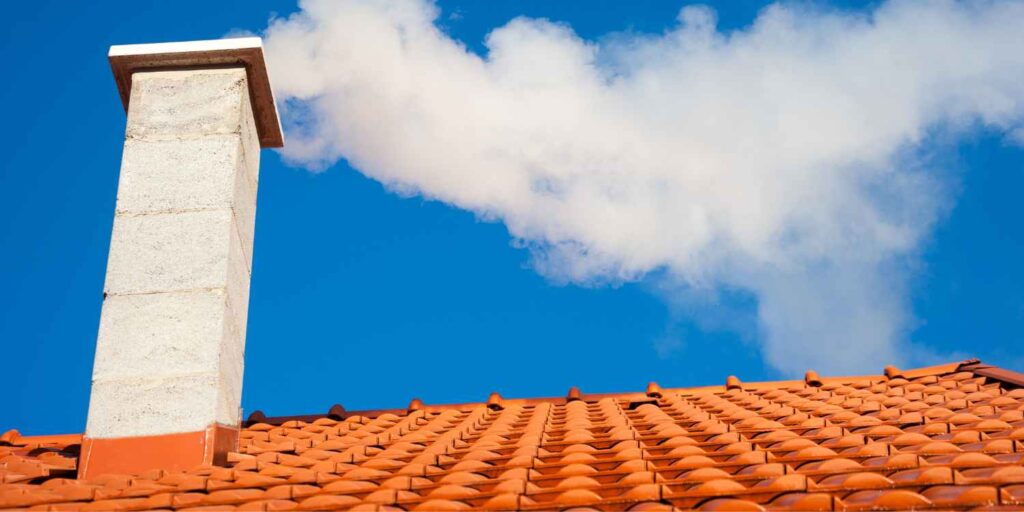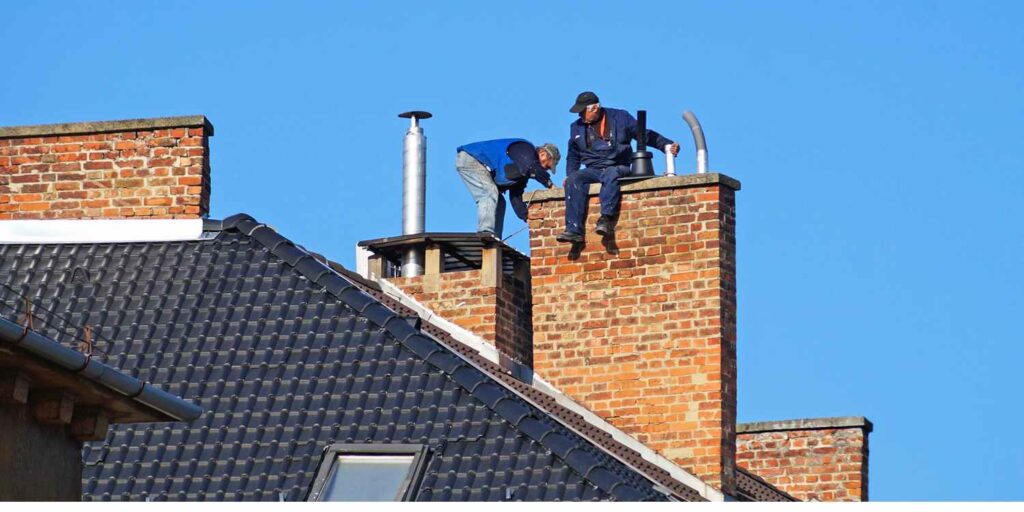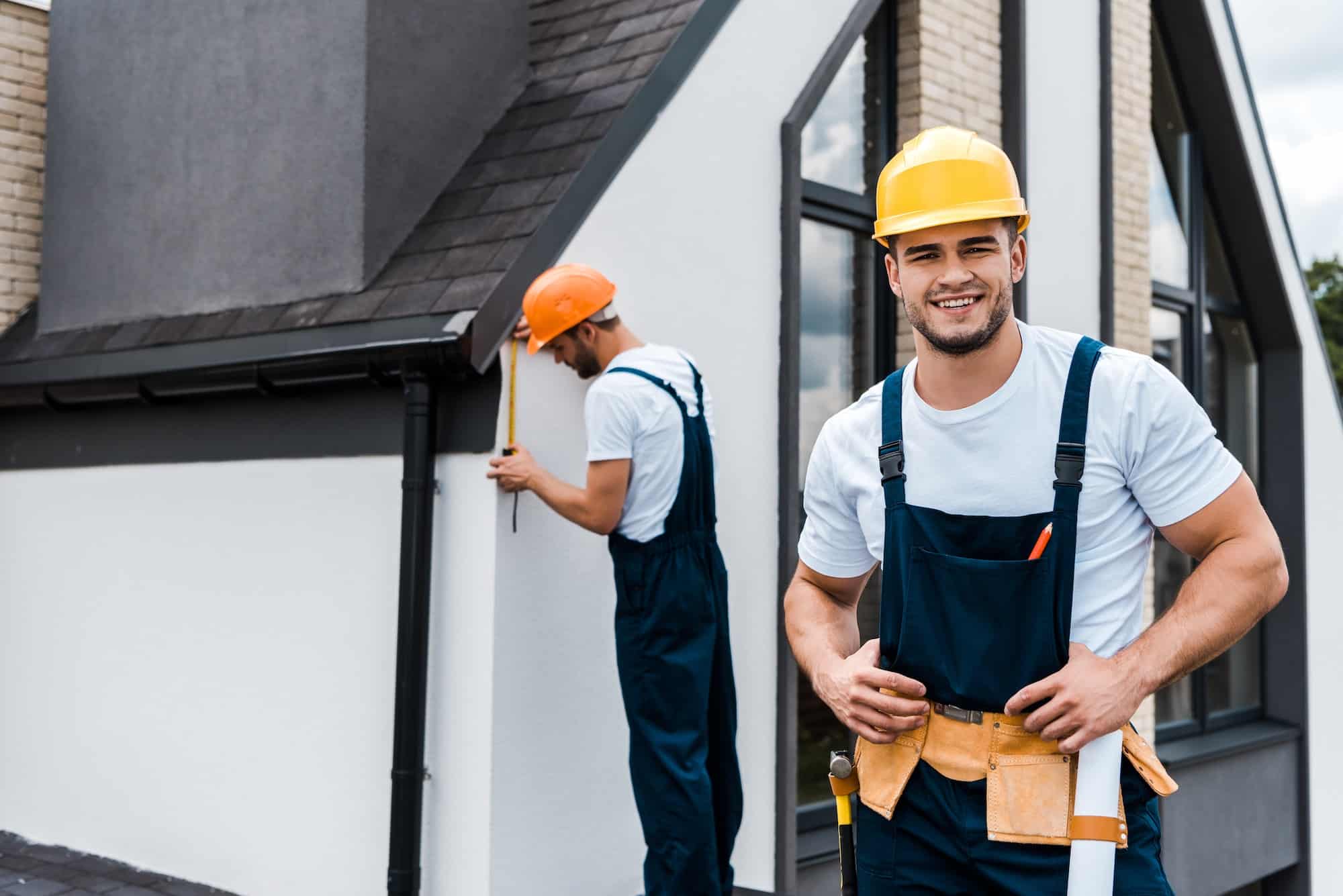In the realm of home maintenance and safety, few elements are as crucial as ensuring proper chimney installation.Whether you’re cozying up by the fireplace during winter or relying on your chimney for ventilation, ensuring its correct installation is paramount. Unfortunately, many homeowners overlook this aspect, leading to a myriad of issues down the line. From safety hazards to inefficiency, the repercussions of improper chimney installation can be costly and potentially dangerous.
Understanding Chimney Installation: A Foundation for Safety
A chimney serves a vital purpose in any home equipped with a fireplace or wood-burning stove. It channels smoke, gases, and other byproducts of combustion out of your living space, maintaining indoor air quality and preventing potential health hazards. Moreover, a well-installed chimney enhances the efficiency of your heating system, ensuring maximum heat retention and minimizing energy waste.
Proper chimney installation involves several key components:
- Selection of Suitable Materials: Choosing the right materials for chimney construction is essential for its longevity and performance. From bricks to liners, each component must be selected based on its durability, heat resistance, and compatibility with the intended fuel source.
- Accurate Sizing and Configuration: The dimensions and configuration of the chimney flue play a critical role in its functionality. Proper sizing ensures adequate draft, while the correct configuration minimizes the risk of smoke backup and chimney fires.
- Compliance with Building Codes: Adherence to local building codes and regulations is imperative to ensure the safety and legality of the installation. Failure to comply with these standards can result in legal complications and compromise the integrity of the chimney.
Common Mistakes in Chimney Installation

- Poor Ventilation Design: One of the most common mistakes in chimney installation is inadequate ventilation design. A chimney must provide sufficient draft to expel combustion byproducts effectively. Improper sizing or configuration of the flue can result in poor draft, leading to smoke backup, carbon monoxide buildup, and increased risk of chimney fires.
- Faulty Material Selection: Choosing subpar materials for chimney construction can spell disaster in the long run. From low-quality bricks to improper liner materials, compromising on materials compromises the structural integrity and efficiency of the chimney. Investing in high-quality, durable materials may entail a higher initial cost but pays dividends in terms of longevity and performance.
- Incorrect Slope and Height: The height and slope of a chimney play a critical role in its functionality. Insufficient height can hinder proper draft, while an inadequate slope may lead to condensation buildup and deterioration of the chimney structure. Proper calculations and adherence to building codes are essential to ensure the chimney’s height and slope meet the necessary requirements.
- Improper Clearance: Maintaining adequate clearance between the chimney and combustible materials is paramount to prevent fire hazards. Failure to observe proper clearance distances can result in heat transfer to surrounding structures, increasing the risk of fire. Additionally, inadequate clearance can impede airflow, compromising the chimney’s performance.
- Lack of Professional Installation: Perhaps the most significant mistake homeowners make is attempting to install a chimney themselves or hiring inexperienced individuals for the job. Proper Chimney installation is a complex process that requires specialized knowledge and skills. Entrusting the task to qualified professionals ensures compliance with building codes and industry standards, minimizing the likelihood of errors and ensuring the safety of your home and family.
The Importance of Professional Chimney Installation
Given the complexities involved in chimney installation, seeking professional assistance is imperative. Certified chimney sweeps and contractors possess the expertise and experience necessary to execute the installation with precision and accuracy. They are well-versed in local building codes and regulations, ensuring compliance and safety throughout the process.

Professional Proper chimney installation offers several key benefits:
- Safety Assurance: Proper chimney installation minimizes the risk of chimney fires, carbon monoxide poisoning, and other safety hazards, providing peace of mind for homeowners.
- Optimal Performance: A professionally installed chimney operates at peak efficiency, maximizing heat retention and minimizing energy waste.
- Longevity: Quality craftsmanship and materials ensure the longevity of the chimney, reducing the need for costly repairs and replacements in the future.
- Compliance: Professional installers adhere to building codes and standards, avoiding legal complications and ensuring the integrity of the installation.
Conclusion
In summary, the importance of proper chimney installation cannot be overstated. From ensuring safety to optimizing performance and longevity, a well-installed chimney is a cornerstone of home comfort and functionality. By avoiding common mistakes and entrusting the task to qualified professionals, homeowners can enjoy the benefits of a reliable and efficient chimney for years to come. Investing in professional proper chimney installation is an investment in the safety and well-being of your home and family.





